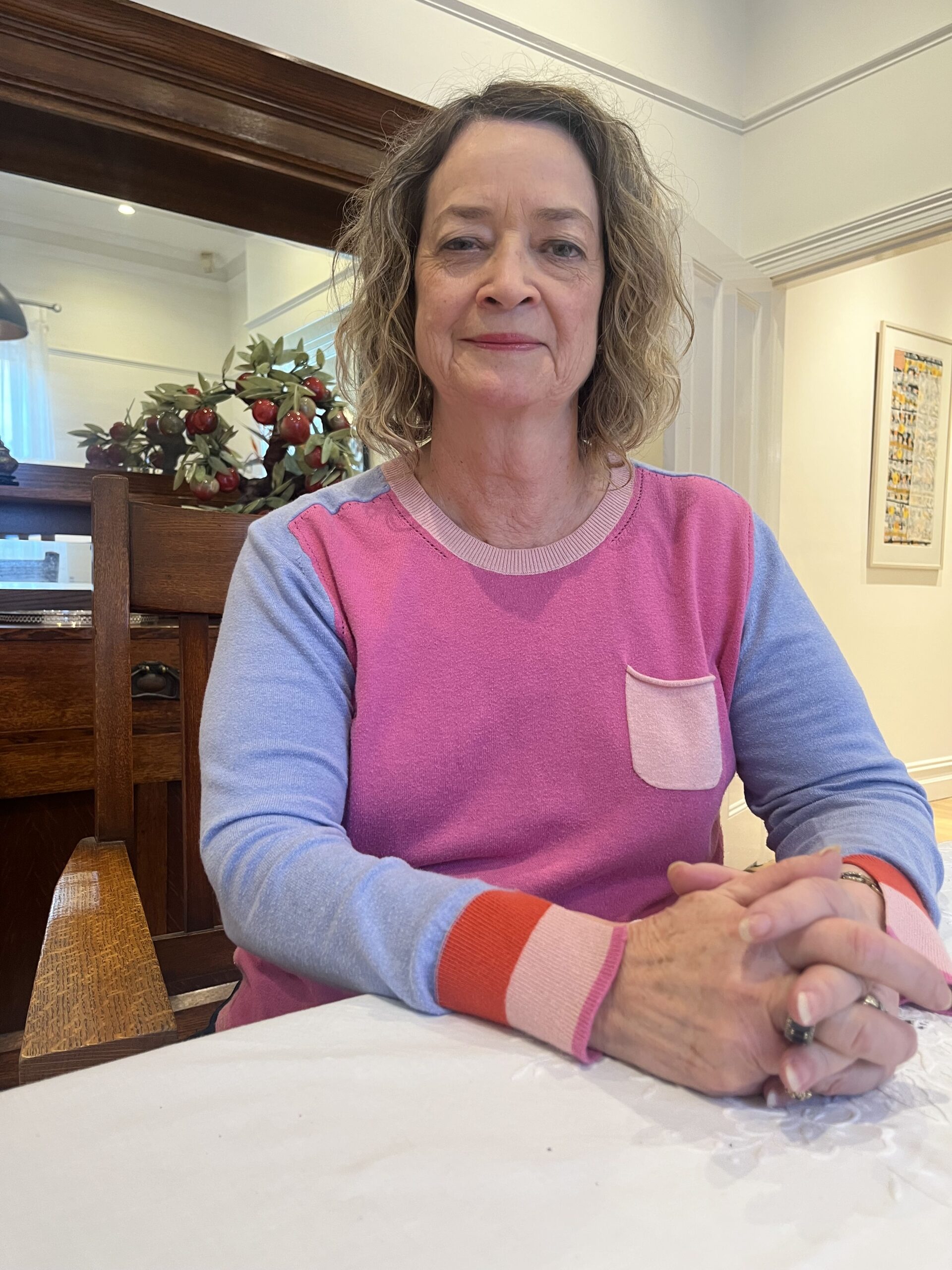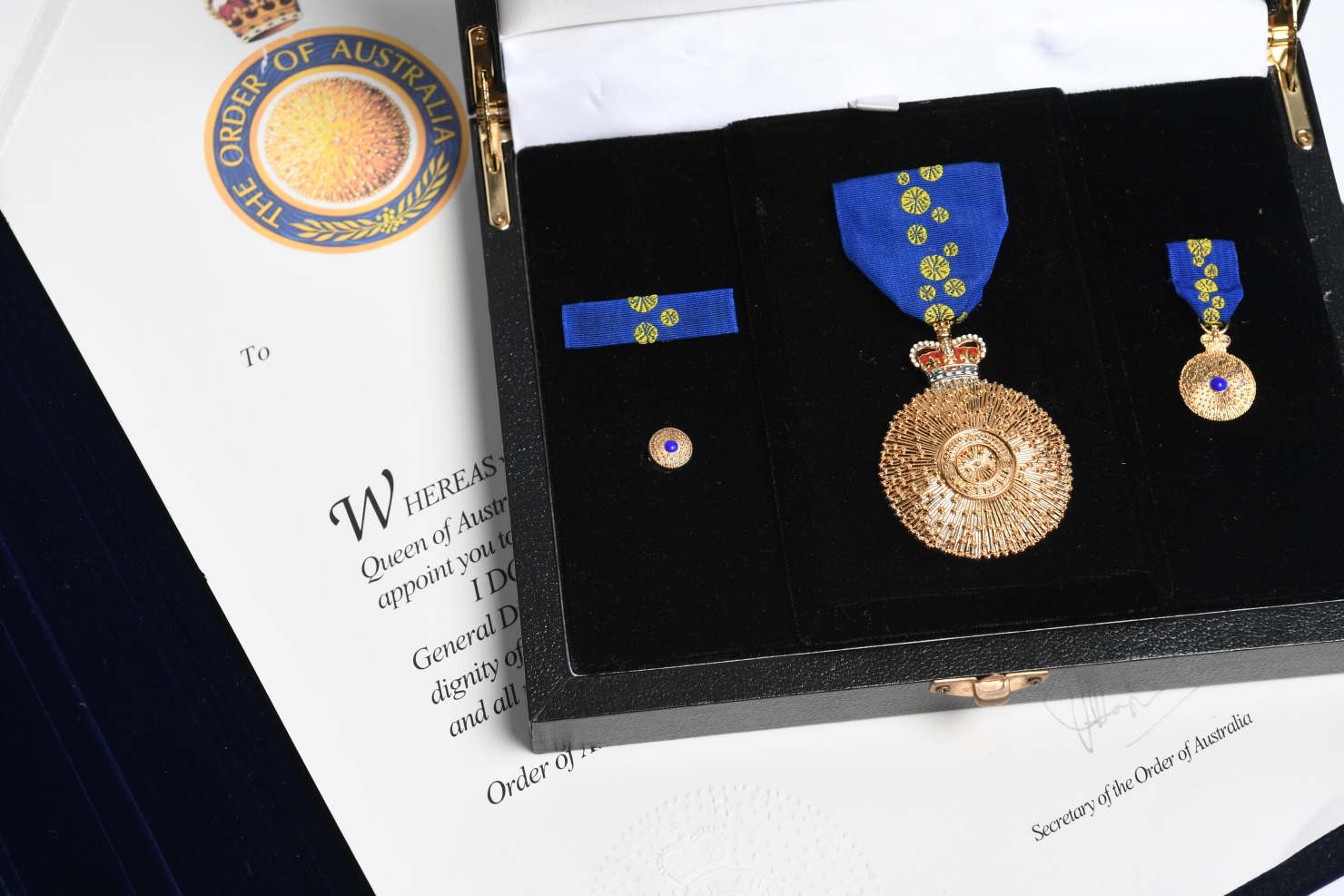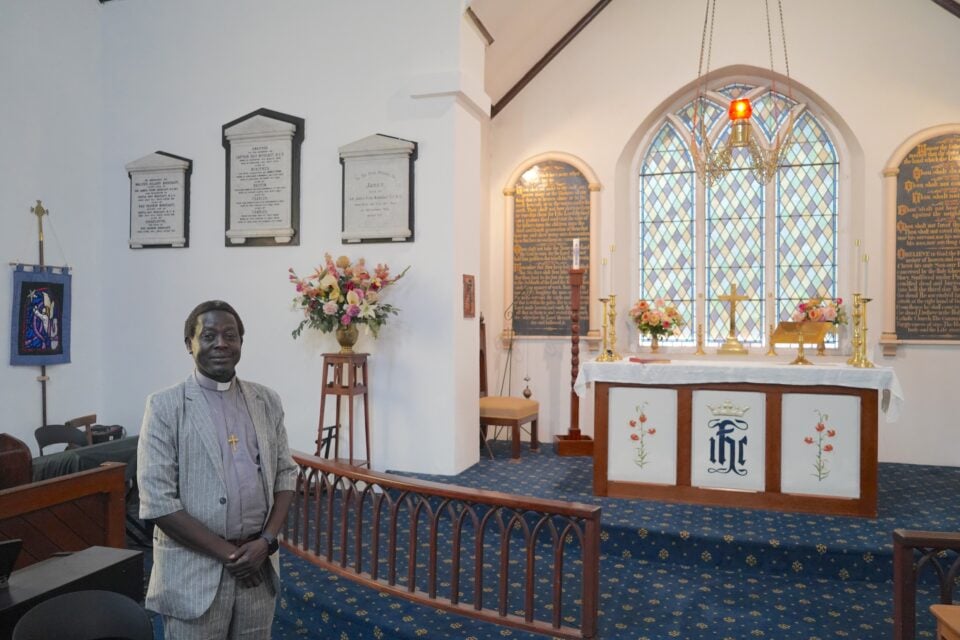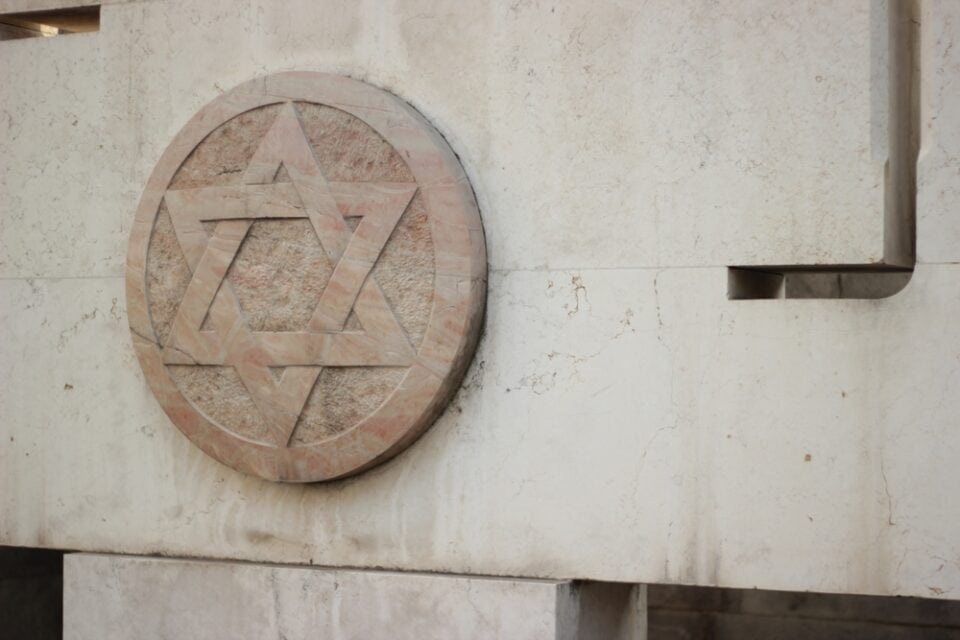By Benjamin Opiyo
Carolyn Grantskalns OAM, the St Peter’s Cathedral Dean’s Warden, has been awarded a Medal of the Order of Australia (OAM) for her service to the education sector.
Carolyn, a teacher “by accident”, has had an illustrious career in school administration, education-related advocacy and policymaking in Victoria and South Australia (SA).
She was surprised by the announcement and grateful for the nomination.
“It is nice to have the work that I have done recognised, even though I don’t do the work seeking recognition,” she said.
Carolyn is a former Wilderness School and Lowther Hall Anglican Grammar School principal.
Caroyln attributes her recognition to her service in different roles across two states, terming it “relatively unusual to be involved in lots of things in lots of states”.
Her service has not been limited to classroom walls. She has served the Association of Independent Schools of South Australia in various capacities, including as Chief Executive and President. She is also a member of the Teachers Registration Board of South Australia, among other board positions.
An active congregant and Council member of the St Peter’s Anglican Cathedral, she acknowledges the value of faith and belief in God in her career.

“Faith has made a difference in the way I see the world and the way I see my job as a servant to the world and young people in South Australia,” she said.
Carolyn views her current roles in the Anglican Church as a service to God.
“You serve God in running a school, but this is more directly something that I can do. If you are a part of a community, you should do what you can.”
She draws inspiration from Jesus Christ’s model of a great shepherd.
However, in a diverse society, partly attributing one’s service accomplishments to faith may be controversial because not all who serve are believers. Carolyn argues that Christianity is not necessarily a prescription for being a good servant, but her belief was instrumental in her work.
“I think you can be a humanitarian or a humanist and believe that your job is to work for the betterment of humankind without faith,” Carolyn said.
The question of the significance of Christianity in a multi-faith society comes up regarding her past contribution to the Association of Independent Schools of South Australia, in which most member schools are associated with a Christian religion or the Islamic faith.
She says that such schools provide “values of service and care” in a diverse Australia, with almost 10 million Australians reporting no religion.
“Many students who attend Christian schools are not from church families. I think parents send them in the belief that a little religion will do them no harm.” she said.
She fails to grapple with the perception of religious-affiliated schools by people who have no religion. What will a non-believer gain from attending such a school?
“They offer a strong value system,”’ she clarifies.” she said. “They are committed to the view that all of us are created in the image of God. Therefore, every child is to be loved and cared for.
“That’s a powerful thing to feel as a young person, to feel loved and valued.”
Carolyn was a school principal in the 1990s before social media consumption became a way of life for school-going children. Technology has been adopted in teaching in various ways, including educational apps and multimedia presentations.
She admits that in the 1990s, they did not understand what technology would mean for education or how ubiquitous computers would become.
“I am not sure we weren’t better off when we didn’t have them, but you can’t go backwards,” she said.
Mobile phone and smart device use is prohibited in South Australian public schools.
She agrees that technology is a double-edged sword and fears that student learning has not been enhanced in the way that it “could or should have been”. She attributes this partly to adopting the technology before we knew how to use it.
She says parents should help young people recognise that more hits and followers do not equate to happiness.
“It seems most parents are both afraid of and for their children. That’s not helpful. Their job is to love them unconditionally and to provide the safety of appropriate boundaries.”
Setting boundaries, Carolyn adds, may sometimes include the willingness to ‘remove their mobile phone so it’s not in their bedroom.’






